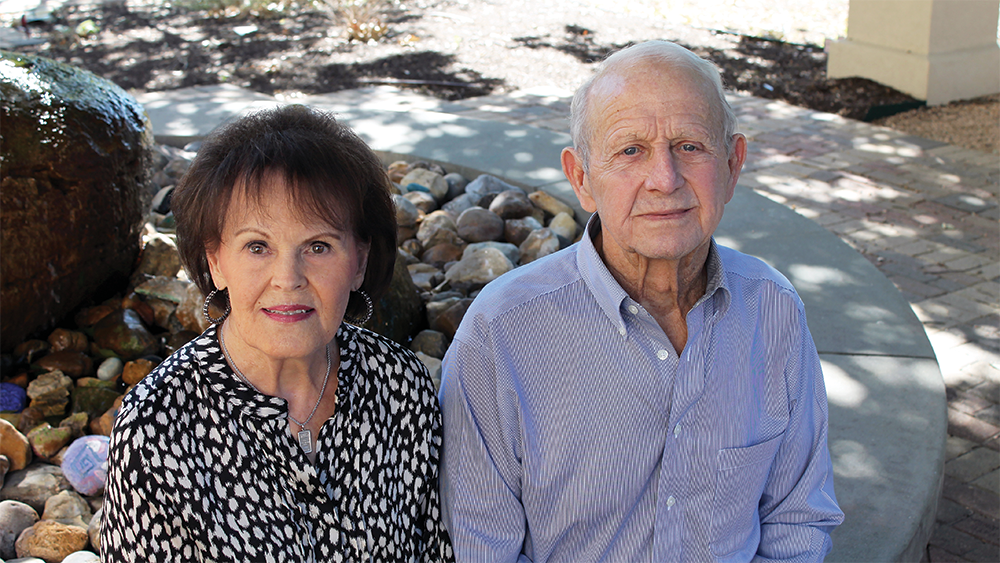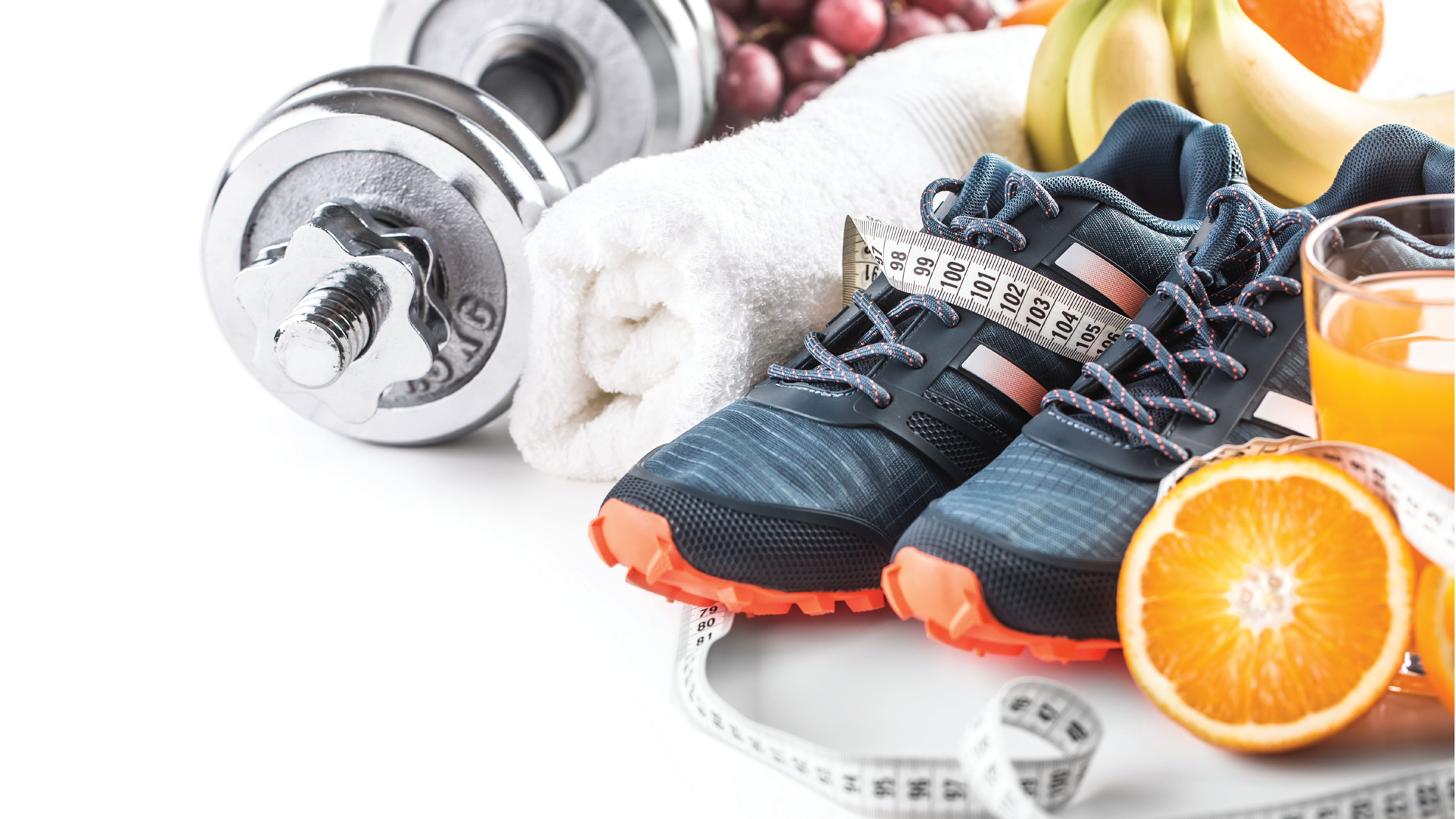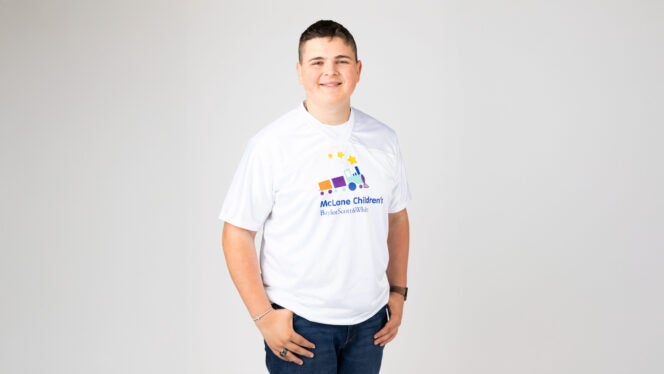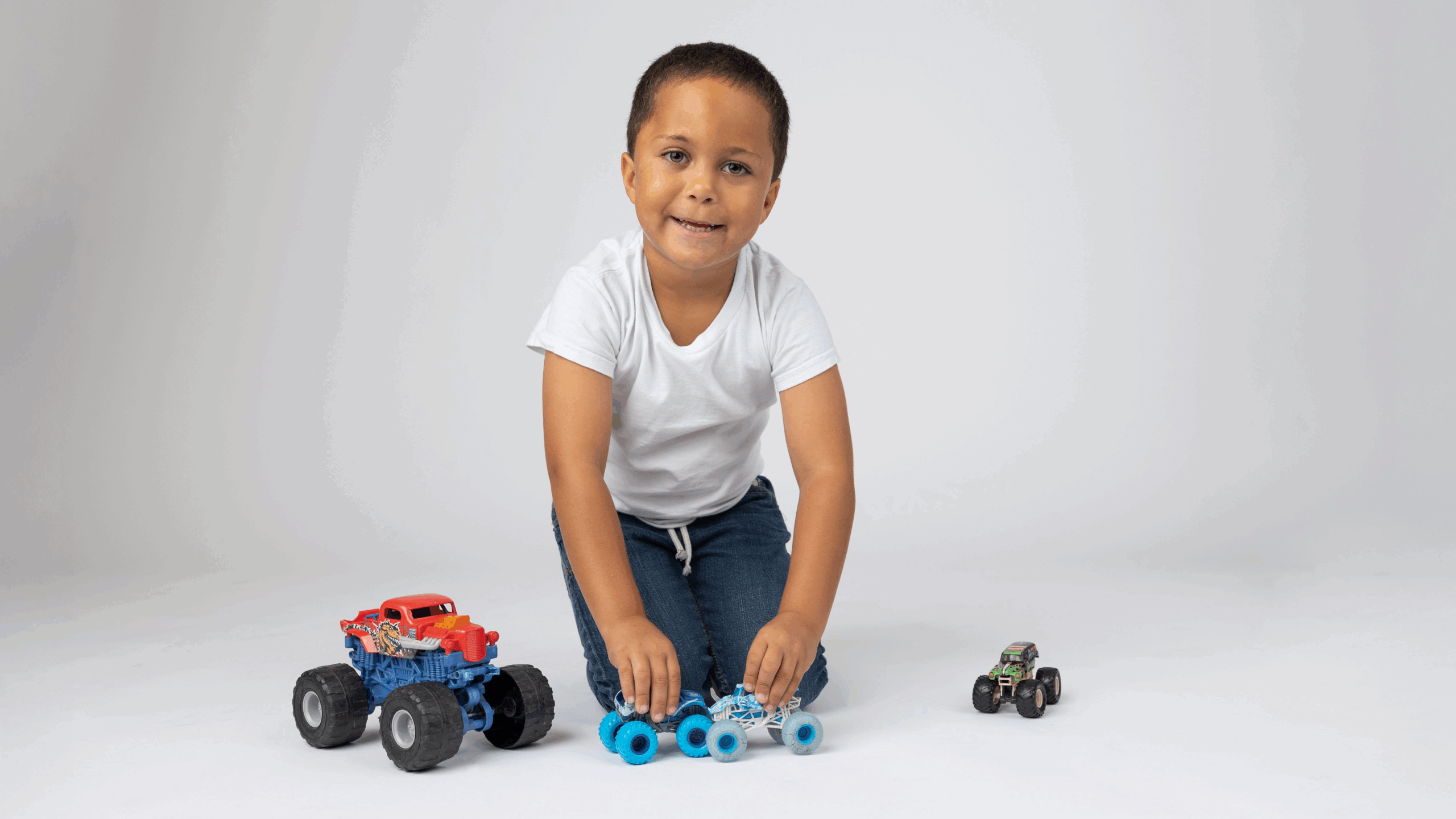In this Article
Exercise can be life-altering both physically and emotionally to patients wherever they are in their health journey. Studies have shown that exercise during and after cancer treatment can improve likelihood of survival by up to 50 percent, help decrease the side effects of treatment, and even improve the responsiveness of the tumor to chemotherapy. For diabetes patients, exercise can reduce the need for medication and help manage the disease by making the body more sensitive to insulin.
In this Article
For cancer or diabetes patients, the FitSTEPS for Life® program is just what the doctor ordered. This physician-referred exercise and nutritional education program pairs patients with a medical exercise specialist who works one-on-one with them to build and maintain healthy habits.
The strength to keep moving
Breast cancer survivor Dorothy Zook would not be able to exercise at a standard commercial gym. At 95 years old and mostly blind, Dorothy relies on the staff at the Getterman Wellness Center to help her perform the exercises that keep her on her feet.
When falling became a major concern for Dorothy about four years ago, she moved from Florida to Texas to live with her daughter, Pam Zook.
“Her core strength and balance weren’t good, and we were worried about her staying at home by herself,” Pam says. “Her doctor suggested the FitSTEPS program to help her build strength.”
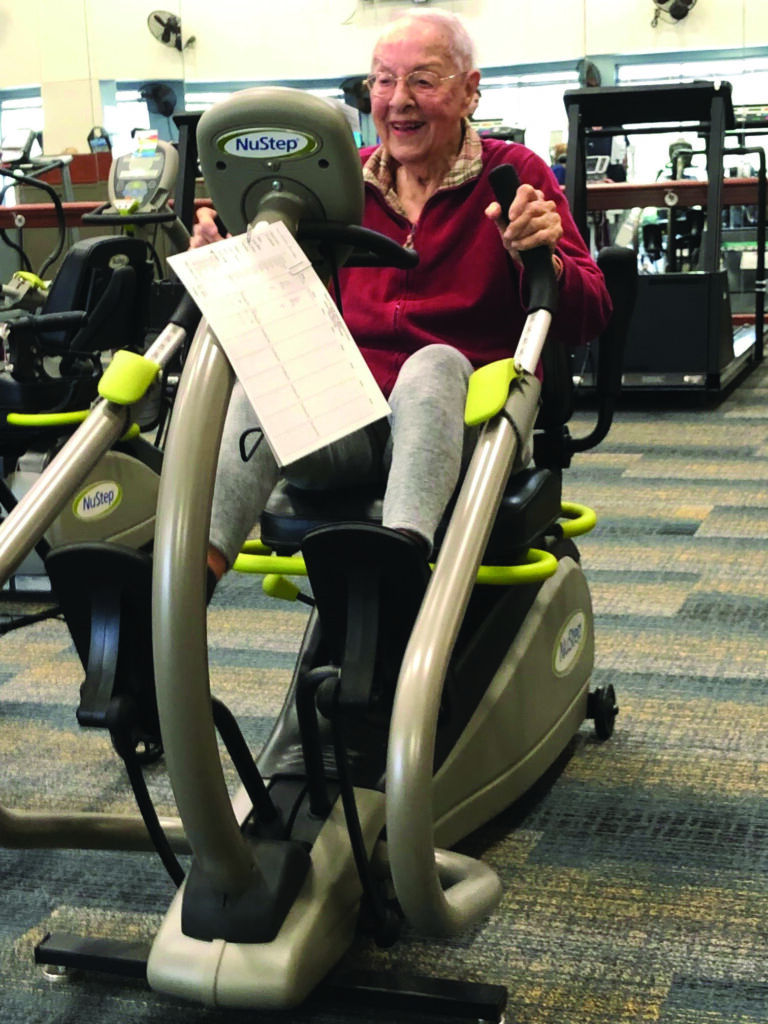
Dorothy faithfully visits the Getterman Wellness Center twice a week. “The staff are always right there with me, helping me do everything safely,” she says. “They help me get on the machines, remind me what to do, and make sure I don’t fall. It gives me a lot of confidence to know they’re right there to help.”
Like Dorothy, patients with accessibility or specific health needs benefit from this inexpensive program offering one-on-one care with trained exercise physiologists and other healthcare providers. “She couldn’t get this level of care and attention at a normal gym, even if I went with her,” Pam says. “These vulnerable populations who need monitored care can’t be served anywhere else.”
Dorothy says the FitSTEPS program is a key reason she can still walk on her own with some assistance. “I feel wonderful, and I can tell my arms and legs are much stronger,” she says. “This is definitely helping to keep me on my feet and out of the nursing home.”
Small victories that mean the most
Focused more on her patients than on herself, Dawn Price never really thought about her own health. After working as a respiratory therapist for 15 years, a series of major health issues followed by the COVID-19 pandemic made Dawn stop and take stock of herself.
“I’ve been through a lot medically—from a congenital heart defect, to cancer, to a brain aneurysm—so it didn’t come as a surprise when I found out I had Type 2 diabetes,” Dawn says. “I put myself on the back burner because I wanted to keep taking care of my patients. Then 2020 hit, and it was like God was telling me to slow down and do something about my health.”
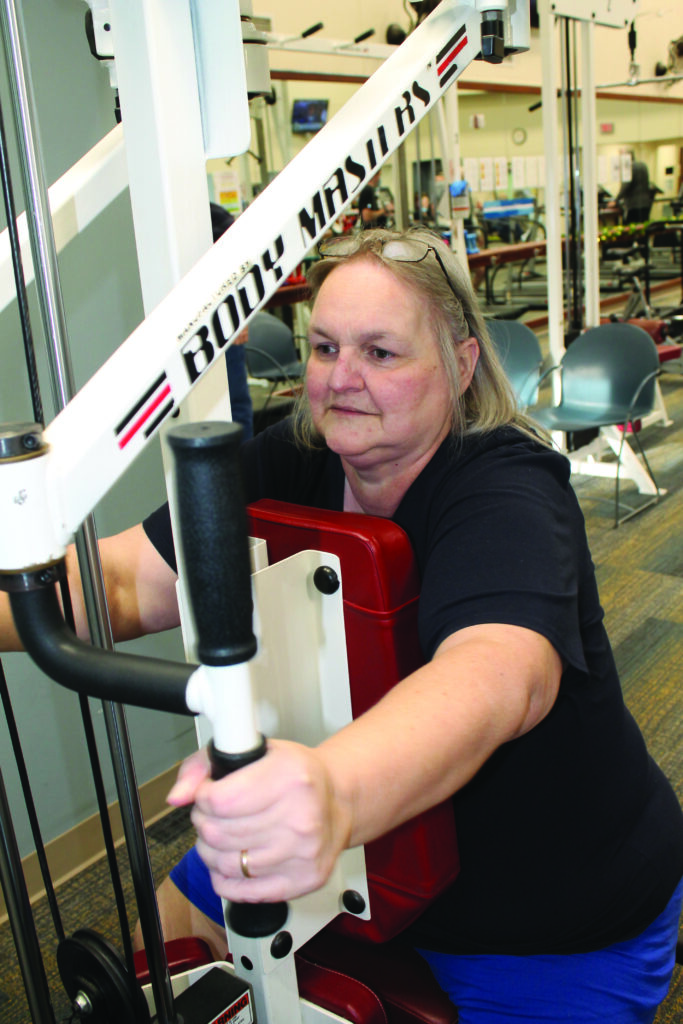
Dawn’s doctor suggested the FitSTEPS program, offered to cancer and diabetic patients free-of-charge for four weeks and for a nominal fee thereafter, thanks in large part to gifts from donors.
“It was free, so what did I have to lose? All I had to do was get myself there,” Dawn says.
Dawn began her journey in the FitSTEPS program weighing 340 pounds with the beginnings of neuropathy affecting her feet. She was eager to improve her health, but apprehensive about making sweeping changes and worried she wouldn’t be able to do the exercises.
“I was nervous that they were going to expect so much more out of me than I would be able to give, but they really tried to meet me where I was,” Dawn says. “When I thought I was going to pass out on the treadmill that first day, they were right there telling me I could do it and adjusting the plan to make sure I could. When we talked about my diet, they helped me find a happy medium between eating healthy and eating what I want. It was all about helping me find what I could change and habits I could stick to. They pushed me, but not beyond my limits.”
In just seven short months, Dawn has lost almost 40 pounds and 5 inches off her waist. However, it’s the smaller victories that she says mean the most.
“I can walk for longer on the treadmill and I have a lot more strength in my arms. My neuropathy has stopped progressing, and I may even be able to stop taking some of my medications eventually,” Dawn says. “But the thing I get really excited about is my A1C number.”
An A1C test is a measure of average blood sugar levels over two to three months. The test helps provide a big-picture look at how well a patient’s diabetes is being managed. At her last check-up, Dawn’s A1C levels were at 6 percent, well within the range recommended for healthy diabetes management.
“I almost started crying when I saw that number,” she says. “That was the point where I finally thought ‘I can do this.’”
Dawn says the positive environment at Getterman Wellness Center has helped her stick to her new healthy habits.
“The staff know how important those small victories are and they celebrate with you,” she says. “They ask about your weight, but they’re also interested in how you’re feeling, if you’re getting stronger, what exercises are working for you, and so on.”
“Without that initial free period, I wouldn’t have gotten started,” Dawn says. “I was able to find what worked for me, see the results, and then make the commitment. Without donors’ gifts helping to fund this program, I wouldn’t be better off today than I was a year ago. I have saved others’ lives, but now these donors are helping to save my life. I thank them from the bottom of my heart.”
FitSteps for Life® is now known as Kourage Health®

